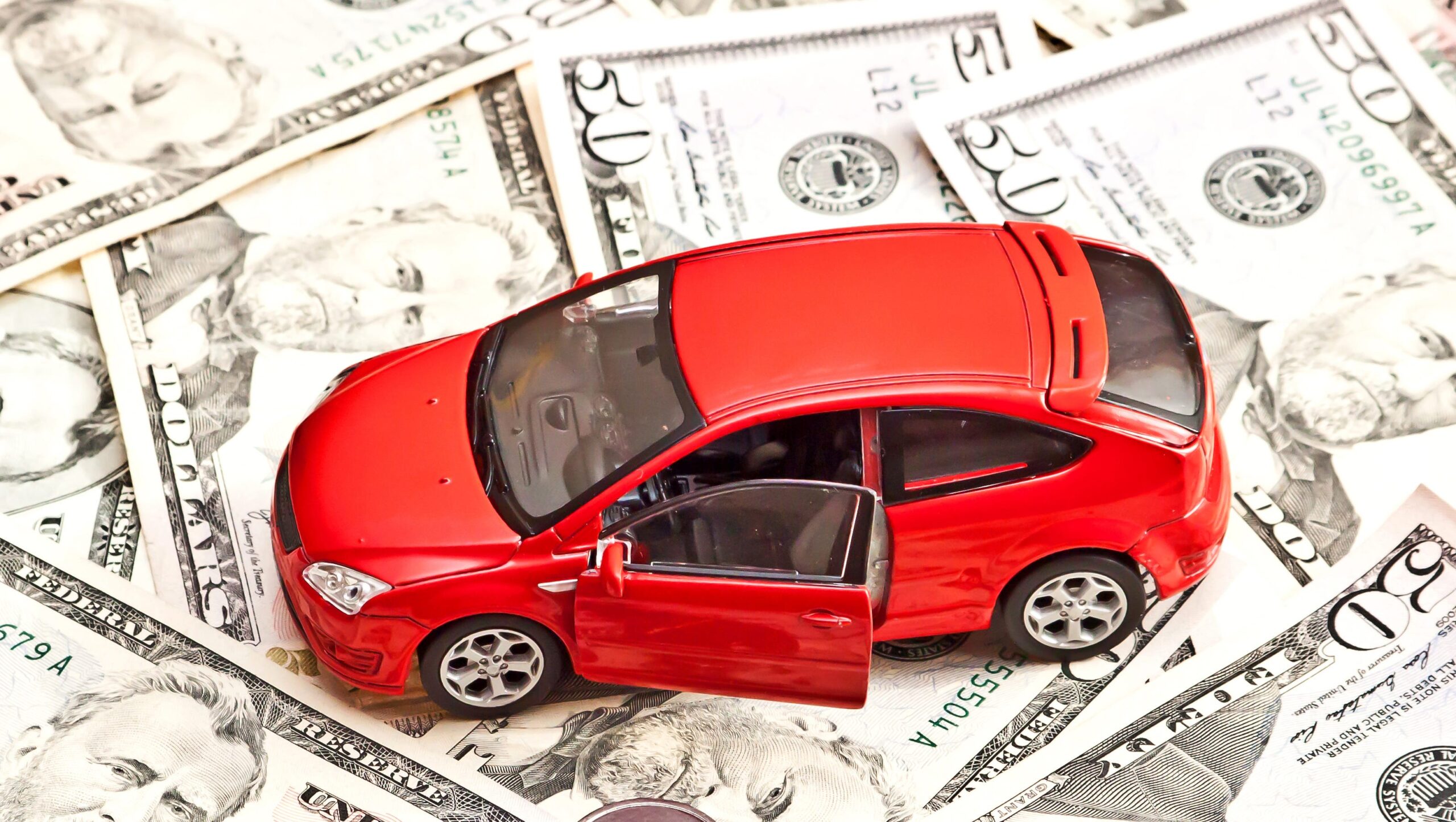
Americans have always had a love affair with their cars and owning a new car is the dream of many, and almost a sign that “you’ve made it” when you pull in to your driveway with that brand new vehicle. But buying any car, and especially a new car comes with a large financial commitment that can affect the new car owner in so many other ways financially. We take a look in the article ahead at what affect a car purchase can have on one’s finances and especially how buying a car can affect your ability to buy a home.
Many of us need our cars in order to make our daily commute to work, pick up the kids from school, and run errands after work and on the weekend. Having a car is a must in many cases and for that reason it is important to secure reliable transportation. But doing so comes at a cost and the ability to take on that cost is different for different people.
Can Car Buyers Afford that Shiny New Car?
The average car payment in America rose to $577 for a new car and $413 for a used vehicle in 2021 according to Experian Automotive Research. And while making that sky-high monthly payment, car owners shoulder the burden of paying for an asset that depreciates by as much as 60% over five years. So if the average new car auto loan length today stands at approximately 72 months due to the cost of the typical new car creeping over the $40,000 mark, when car buyers need to stretch their payments out over six years that tells you they can’t afford the car.
Only a few years ago it seems like new car prices hovered in the mid to upper $20,000 range and car loans never went over 48 months. That was good because the car was most often getting paid in full well before the useful life of the car had been reached. Now, with higher new car prices and longer-term auto loans, that is not the case.
There are many reasons that Americans should not take on longer term auto loans. The obvious one is it’s financially beneficial to get the car paid off before the amount owed on the car loan exceeds the actual value of the car.
Here are some of the reasons not to take on a longer-term auto loan:
* Interest costs
* Repair costs
* Owing more than a car is worth
How does Buying a Car Affect my Ability to Qualify to Buy a Home
The short answer to the question of how does buying a car affect one’s ability to buy a home is that taking on a new auto loan increases your debt-to-income ratio (DTI) because you now have another financial obligation with the same income. Taking on another in this case large monthly debt with no corresponding increase in monthly income will certainly affect your purchasing power when trying to buy a home.
You can learn more about how to calculate your debt-to-income ratio (DTI) by reading HERE.
If your total monthly debt payments increase, and your monthly income remains the same then by taking on that debt you have reduced your home purchasing power because you now have less income to devote to a mortgage payment. Ideally, the smaller the car payment the better, or try not to take on any car payment at all when you know you are saving to buy a home.
When I meet with clients I try to advise them to buy a used car instead of a new car and they should try to keep the monthly payment at no more than $250 (better) to $300 (acceptable) per month. This will get you a good quality car at a payment that is budget friendly and more affordable than a new car payment.
How long after buying a Car can you apply for a Mortgage
There is no set time for how long you need to wait to apply for a mortgage after buying a car. The algorithms for the credit bureaus are so complex and each of our individual credit profiles are so unique and specific to us that buying a car will affect different people financially in different ways. Someone with a high credit score can probably buy a car and not have any adverse effect on their credit score. But someone with a lower credit score might show some downward pressure on their credit score from taking on a new account with a short credit history and adding more debt to their credit profile.
I always advise clients never to take on any unnecessary debt when trying to buy a home. If you hope to buy within the next six months, no matter what your credit score I would strongly suggest not to buy a new car. If you are up to one year away from buying a home and you have a credit score under 700 along with what you feel is high debt in relation to your monthly income, I would not advise taking on any additional debt.
If you have already purchased a car and you would like to buy a home in the next year, I would strongly advise to speak to a loan officer to have him/her review your credit and guide you both on credit score and debt to income ratio to make sure you are on track with where you need to be in order to buy a home. By taking this step early, if you need to take steps to increase your credit score or pay down any debt this will give you sufficient time to accomplish both.

Recent Comments